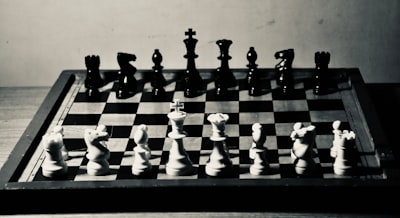History is checkered with bold moves that yielded little but dust. The phrase "gained nothing from strikes" invites us to compare modern military gambits to high-stakes chess—where each strike is calculated, yet the opponent's king remains stubbornly out of check. In global politics, what does it mean to walk away empty-handed after an offensive? Sometimes, the very act of not gaining can say more than any physical victory could.
Consider the 1962 Cuban Missile Crisis—both the US and the USSR brandished weapons, but ultimately withdrew, each claiming moral high ground, but few actual spoils. Or the infamous Christmas Bombings over North Vietnam: a world shaken, a war ultimately unresolved. In these constrained contests, was the real prize perhaps not territory or compliance, but a demonstration of resolve, or a test of nerves?
In a strange way, "gaining nothing" on the surface can be a gateway to new, unexpected outcomes. What if loss, or a stalemate, compels rivals to sit, reluctantly, at the negotiation table? Could such apparent futility be a precursor to cooperation that brute force could never achieve?
So the next time the world's powers rattle sabers and come away, apparently, empty-handed, perhaps they're constructing the invisible scaffolding of the next deal, resolution, or—daringly—peace. Sometimes, the most important moves aren’t just the ones that win the game, but those that force everyone to imagine another way to play.
This article was inspired by the headline: 'US gained nothing from strikes, Iran's supreme leader says'.

Comments
No comments yet. Be the first to comment!